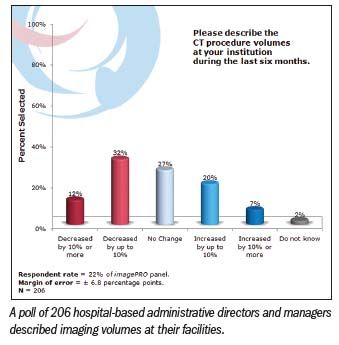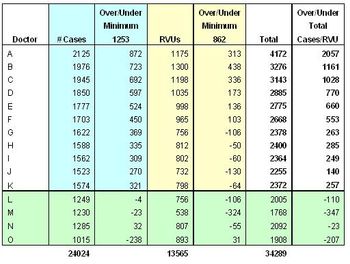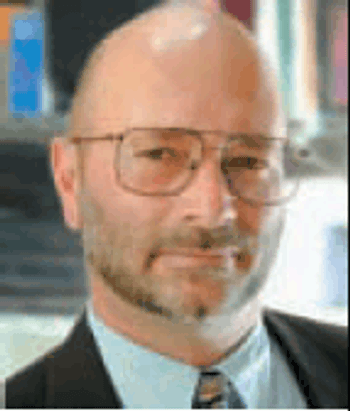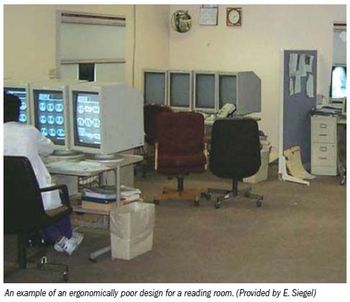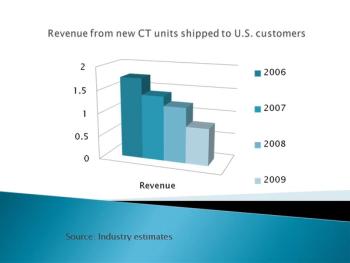
Because of all the attention currently focused on radiation dose, a California imaging bill addressing radiation exposure has the potential to spread like wildfire to other states. California is a state that doesn’t wait for others to address a problem, so it’s possible similar bills could pop up around the country. The bill has passed the California senate and is now in the California Assembly Appropriations Committee with a hearing set for Aug. 4. Sen. Alex Padilla (D-Pacoima) is lead sponsor of the bill.
